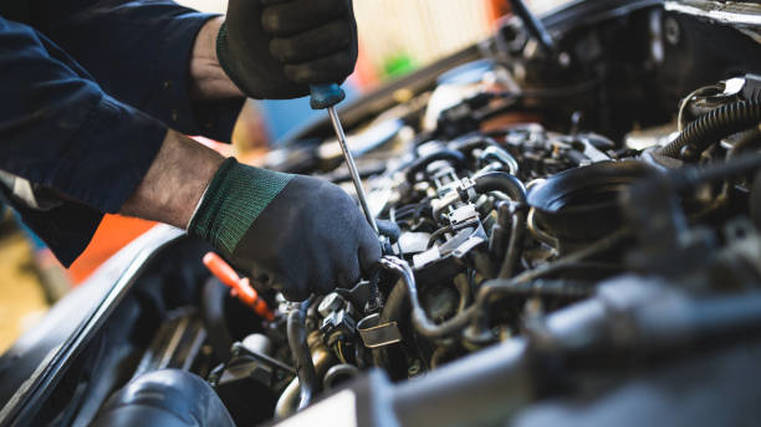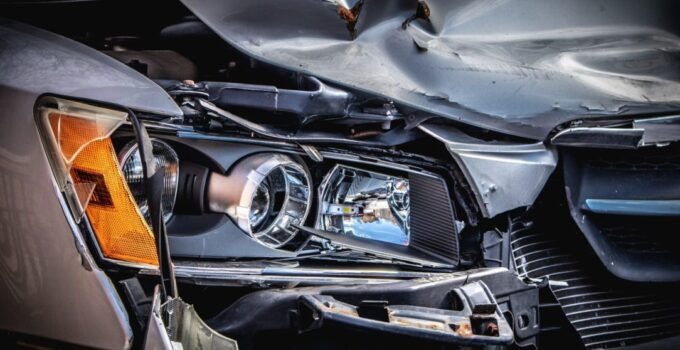One of the most frustrating episodes your friend can put you through is when they crash your car. Seeing your damaged car, injured friend, and the other driver’s pain is heartbreaking. But it gets worse. What is your car insurance liability when your friend crashes your car?
Processing auto insurance claims in such situations can be complicated, time-consuming and stressful, and you might need legal help. Here are examples of different accident scenarios involving your friend and what to expect from the insurer. But first, who does auto insurance follow?
Auto Insurance Follows the Car, Not the Driver

Source: dayinsure.com
Although your friend was behind the wheel, your insurance will take the hit. You see, car insurance follows the car, not the person. So whenever you toss your car keys to a friend, understand that if your friend causes damage to your car in an accident, you will pay.
But that is why you got car insurance, isn’t it?
Well, insurance will pay depending on the type of coverage and the circumstances of the accident. If the other driver is at fault, the other driver’s insurance should pay for injuries and damage to your car. However, if your friend is at fault, insurance will only pay if you have collision coverage. Either way, having insurance will put you in a better place to negotiate a settlement with the insurer, which you can find out how to do by clicking here. This is why it is so important to shop around for insurance, make sure you are well-read on the different types of options available on the market and are getting the best deal possible based on your personal situation and circumstances.
You can find out more about how to get paid for car accident damage on FreeAdvice.com.
Liability-only coverage will pay for damage and injury to the other driver, not you. But this assumes your friend has a valid and clean driver’s license, was not intoxicated, and does not regularly drive your car. It also supposes that your insurance limits can cover the entire cost of repair. Read on and see what to expect when the situation twists.
What Happens if Your Friend Did Not Have a Valid License or Was Driving Under the Influence?
The answer is simple. Insurance will not pay for the repair or replacement of your vehicle. However, if the crash involves another party, your liability insurance should cover injuries and damages to the other party.
What else will happen? Your insurance rates will skyrocket. The DUI or unlicensed driver crash will also reflect under your insurance record.
What if Your Friend Frequently Drives Your Car?

Source: unsplash.com
Your insurer will comfortably pay for a crash caused by your friend if your friend does not regularly drive your car. That is to say, you loaned the vehicle as a one-off. If investigations reveal that your friend had been using your vehicle regularly, the tables could turn and you could be in a tricky situation where you are liable to pay for the damages.
Auto insurance companies require car owners to declare any other person who would be driving the insured vehicle. Such information is crucial in assessing the risk and pegging a premium. If it turns out that your friend was a regular driver, and you had not declared this situation to the insurer, the insurance company could reject the claim and you may not get the compensation. But few auto insurers would stoop that low. Only the shady carriers with “low-cost” policies that exclude all other drivers would pull that card. That’s why it’s so important to read the terms and conditions when investing in an auto insurance company.
However, if you have a standard auto insurance policy, a car accident attorney could help you get decent compensation. This can be extremely expensive though as well as time-consuming and stressful. But the insurer could, as a consequence, significantly increase your insurance rate or cancel your policy. Either way, it is a loss for you.
What if the Cost of Repairs Exceeds Your Coverage Limits?

Source: autofile.co.nz
Comprehensive and collision coverage is optional. Liability insurance, on the other hand, is mandatory in nearly all states. But the minimum coverage required varies widely between states. In all the scenarios above, your insurer is considered the primary insurance company. We also assume that the costs are within your coverage limits.
However, what happens if the cost of repairs exceeds your liability or collision coverage limits?
In such a scenario, your friend’s insurance should kick in as the secondary insurer. They should bridge the gap.
In some cases, your insurer could attempt to recover some of the costs from your friend’s insurer even when your insurance limits can cover all the costs. This is also known as subrogation. Your insurer could also pass the buck to your friend’s insurer if your pal took your car without getting a green light from you. This is known as non-permissive use.
Think Twice Before Giving Your Car To Your Friend

Source: unsplash.com
Friends should be there for each other in good times and bad times. Loaning your car to a friend might strengthen your relationship. Your friend may also need to borrow your car for an emergency or in a last-minute situation where you have not had time to notify your insurer.
However, there are instances where you should not give your ride to a dear friend. If your friend does not have a license or has a habit of driving under the influence (on drugs or after drinking alcohol), do not give them your car under any circumstance. This is not only damaging to your liability and could cost you a lot, it could cost their life. Moreover, ensure that your vehicle has the right auto insurance coverage, and the insurer is up to date with your information. This way, even if your friend crashes your car (which hopefully will not happen!), it will be easier to negotiate with the insurer and cover the costs.




